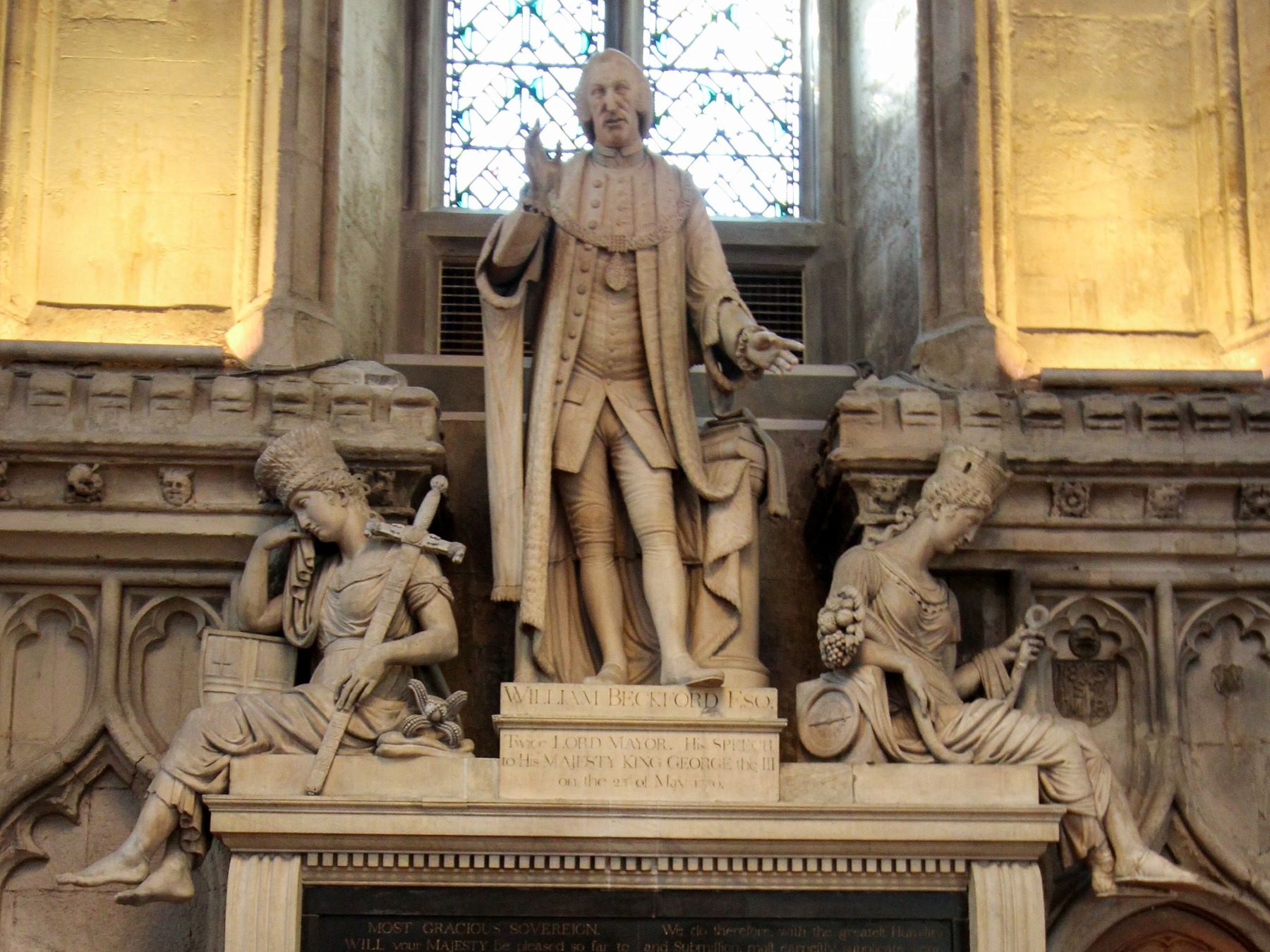
As Black History Month gets underway Robert Beckford, Professor of Climate and Social Justice and Director of the Winchester Institute for Climate and Social Justice, explains why those who profited from the trans-Atlantic chattel slave trade must pay reparations…
Reparations research is personal to me. My ancestors were enslaved (tortured, mutilated and worked to death) by violent settler colonisers from Britain on the island of Jamaica. My surname, Beckford, was originally a sign of ownership to the slave-holding Beckford family.
My interest in recompense began some time ago, after watching Alex Haley's 'Roots' on British television in the late 1970s. Haley's retelling of his family history of slavery kickstarted my research journey.
I've taken a public intellectual approach to the issue, and my interventions are multi-media. The texts include television and radio documentaries, music production, articles, books and radio drama series. Naturally, the benefits are 'reach' and impact.
A film can gain an immediate domestic audience of millions and significantly shape the agenda of a particular issue or theme. For instance, my recent consultancy and contributor role for Panorama (Is the Church Racist? 2021) was part of a process that led to an immediate change in policy at the Church of England hours after the broadcast. Radio is even better for reach. For example, my two-part BBC World Service programme (The Church's Slave Plantation, 2022) gained a 600 million audience.
The public response to reparations has dramatically changed. For long, banks, corporations and institutions with slavery in their economic DNA were unanimously hostile towards reparations. Statements such as 'It will never happen...not in my lifetime' and 'You must be crazy' were normative replies to my requests for dialogue after my first documentary film on the subject in 2005 (Empire Pays Back, Channel 4).
It is all very different now, and several factors have changed the moral climate. The murder of George Floyd in 2020, consistent campaigning by the CARICOM (Caribbean Commonwealth Nations) Reparations Commission and the publication of Sir Hillary Beckles's book, Britain's Black Debt Reparations for Caribbean Slavery and Native Genocide (2012) all contributed to the tipping point.
The Guardian article on Monday, 25 September, about the Beckford statue plaque in the Guildhall, London, is an excellent example of the national moral metamorphosis. Soon after the publication, two UK businesses made contact. Both had histories of involvement in the trans-Atlantic chattel slave trade, and each was keen to explore how they might redeem their respective histories. I am speaking to them over the next few weeks, and the 'humanities venture person' within me is keen to turn both encounters into a research project, publication or media production!
How we do reparations in the future is still a matter of debate. There are very few models to work with, and diverse practices are underway on both sides of the Atlantic. Some have drawn inspiration from the German post-war settlement with Israel. For instance, the International 'Brattle Report on Reparations' I contributed to in 2023 takes this approach. Other groups have appropriated the Truth and Reconciliation method adopted by the South African government after apartheid.
Ultimately, the process has to be both/and rather than either/or. We must discuss financial compensation because enslavement was a vicious form of economic exploitation. But money alone will not atone for this history. I underline this second point in my independent film, After the Flood: Slavery, The Church and Reconciliation (2022). After charting the horrors of the trade, identifying the Church’s complicity, and highlighting the contemporary significance, the film ends by gesturing towards the kinds of repair, restitution, and reconciliation practices necessary for the healing of memory.
Pictured top: Still standing...The statue of slave owner and two-time Lord Mayor of London William Beckford in London's Guildhall.
Back to media centre